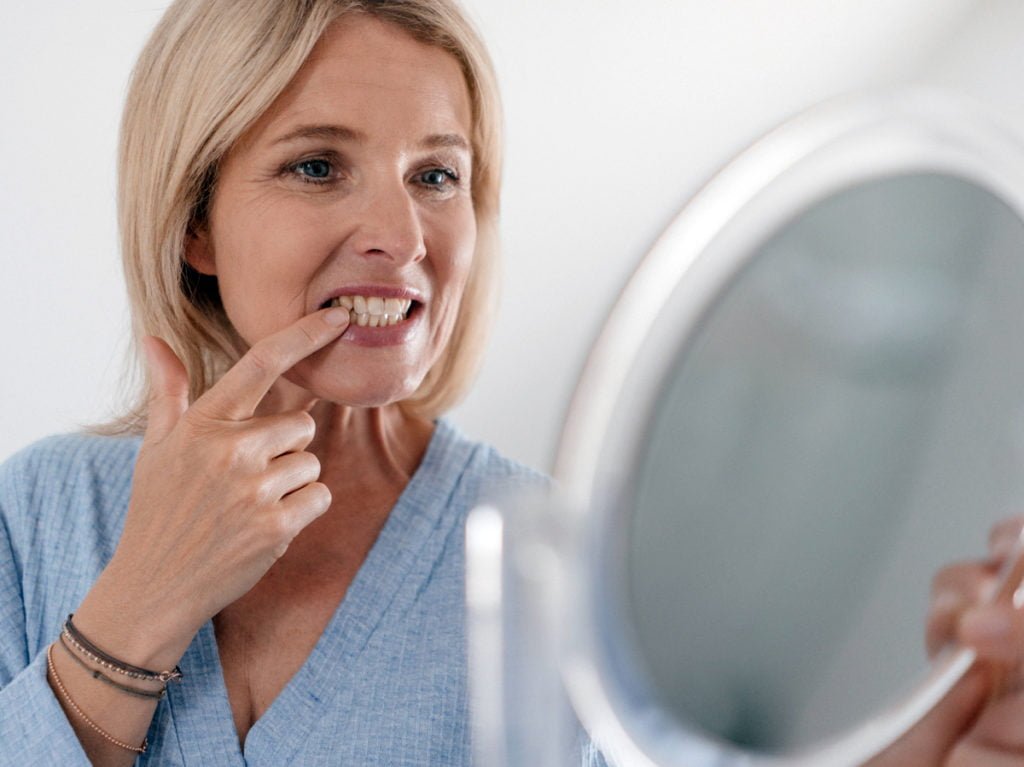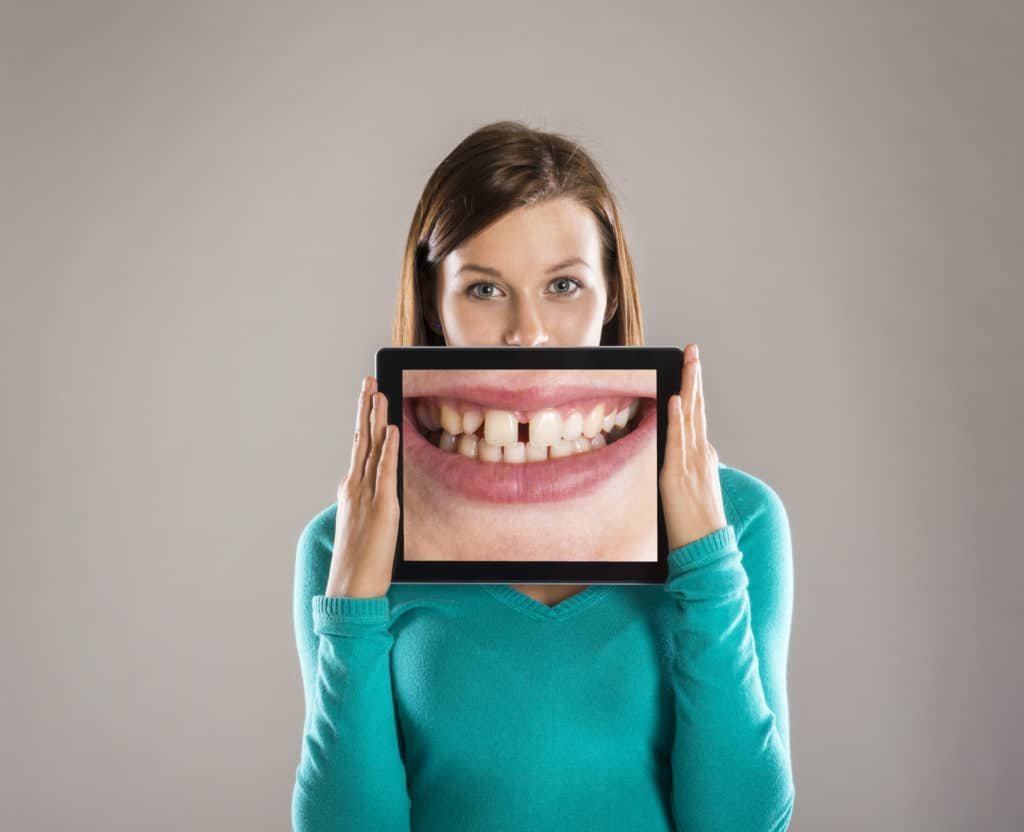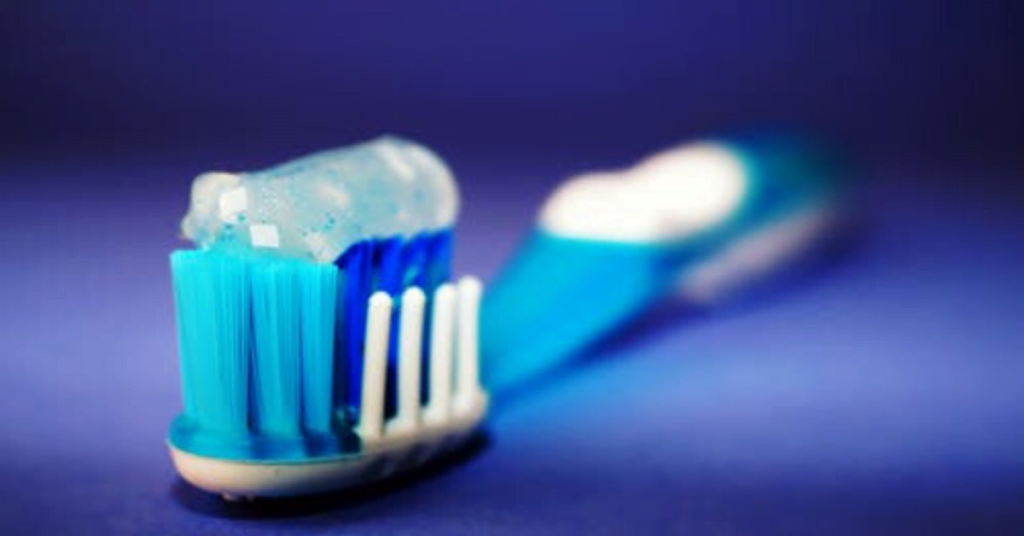Menopause is a huge change in a woman’s life and a woman’s mouth including altered taste, burning sensations in your mouth, and increased sensitivity. . Still there are two critical changes to be aware of bone loss and dry mouth.
Menopause is one of the risk factors of periodontal disease. Declining estrogen levels not only leads to bone loss of spine and hips but also to the bone loss of jaw bone, raising the risk for tooth loss.
Periodontal disease :
Periodontal disease is a disease of gums and bone and symptoms include:
- Gum inflammation
- Bleeding gums
- Gum tenderness
- Receding gums
- Pus formation
- Loose teeth
- Bad breath
- Chewing problems
If you develop any of the above symptoms see your dentist as soon as possible Maintaining a strict regimen of brushing and flossing, and seeing your dentist on regular basis for checkups and dental cleanings will keep your gums healthy. However, if your periodontal disease is advanced, your periodontist may intervene with the following treatments.
- Scaling to remove tartar
- Antimicrobial oral rinses
- Oral Antibiotics
- Flap surgery
- Bone and tissue grafts
- The success of the above interventions may also depend upon your oral hygiene routine.
Dry Mouth
Menopause can also cause dry mouth, which may increase your risk for gum disease and cavities. When your Salivary glands fail to produce enough saliva to wash away oral bacteria, germs can accumulate inside your mouth, raising your risk for gingivitis and tooth decay.
If you suffer from a dry mouth, drink plenty of water throughout the day, avoid caffeinated beverages, If you still suffer from oral dryness despite the before-mentioned interventions, see your dentist. He or she will examine your mouth and recommend a treatment plan for your dry mouth.



